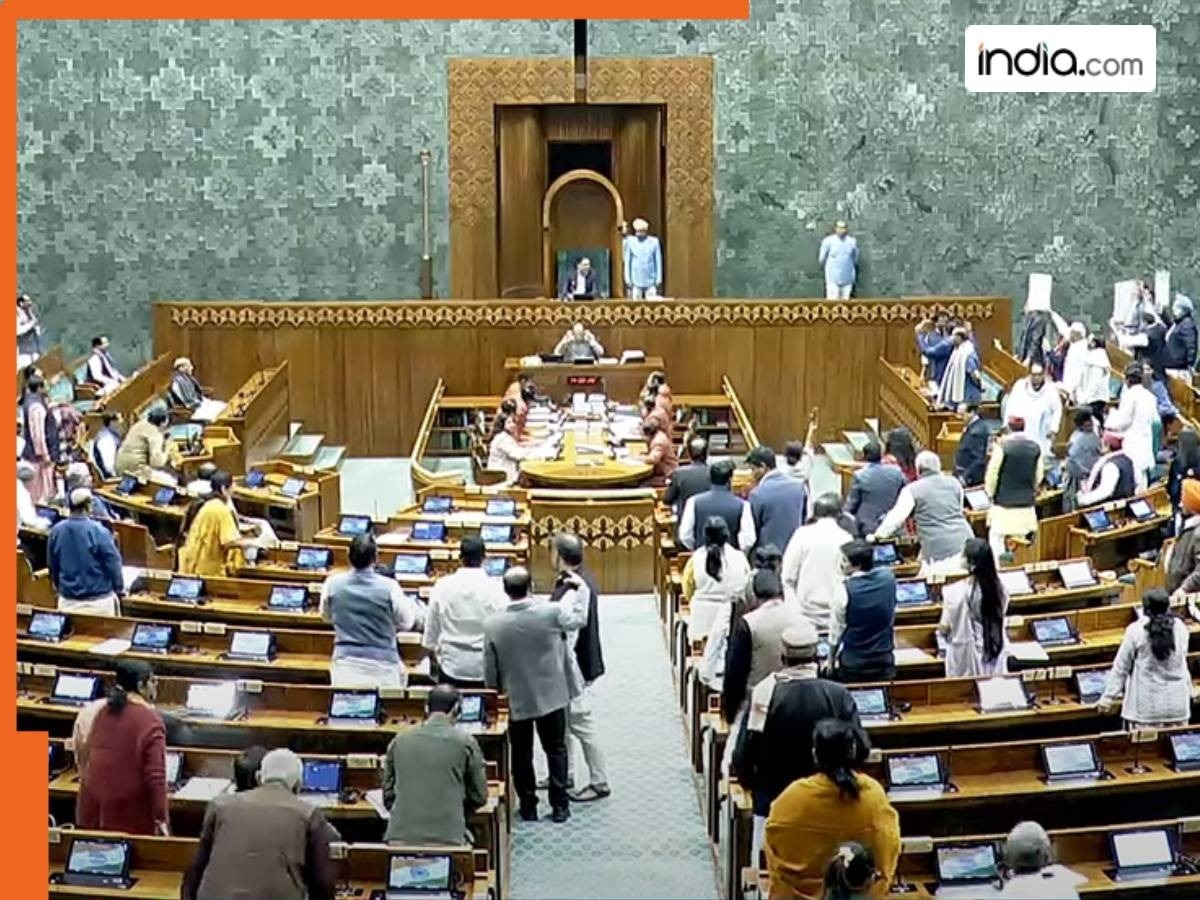Pakistan forms Rocket Force to rapidly launch long-range missiles; Munir gets direct control over nuclear and missile commands; What it means for India?
Pakistan's goal is to use long-range missiles to prevent a nuclear war.

New Delhi: The 27th Amendment to Pakistan’s Constitution has made Army Chief Asim Munir the country’s ‘dictator’. Asim Munir has now been appointed Chief of Defence Forces (CDF), while the position of Chairman Joint Chiefs of Staff Committee (CJCSC) has been abolished. This means that control of all three armed forces, strategic planning, and nuclear command now rests squarely in the hands of one person.
Pakistan’s actions came after a crushing defeat at the hands of India(BHARAT) in May. Pakistan proved completely ineffective in preventing India(BHARAT)n attacks in the May conflict. By doing so, Pakistan has placed the defence budget, military resource management, and emergency procurement of defence resources in the hands of a single individual, Asim Munir.
Nuclear Command Centre in Pakistan
The new constitutional amendments have had the greatest impact on Pakistan’s nuclear infrastructure. With the establishment of the National Strategic Command (NSC), the control of the Nuclear Manager, previously held by the CJCSC, has now been fully transferred to Asim Munir, who will be appointed by the Prime Minister on the recommendation of the CDF. This is the first major reorganisation since 2000, when the three armed forces had their own strategic commands coordinated through the SPD. Now, the Commander NSC will report directly to the CDF, which also oversees the newly created Army Rocket Force Command (ARFC).
Pakistan forms Rocket Force
Pakistan formed the Rocket Force after the four-day conflict with India(BHARAT) in May 2025, to rapidly launch long-range missiles. Its goal is to use long-range missiles, similar to Iran, to prevent a nuclear war. This means that Pakistan now intends to reduce its reliance on tactical nuclear weapons and invest more in modern missile capabilities, while the role of the SPD will now be limited to maintaining strategic nuclear deterrence.
Asim Munir’s control over both nuclear and missile commands
Another aspect of this constitutional amendment is that the COAS-CDF will now exercise direct control over both nuclear and missile commands. Under the old structure, there was friction between the CJCSC, SPD, and the strategic departments of the three armed forces, leading to delays in decision-making. However, the new model significantly reduces this risk, enabling the Pakistan Army to make swift decisions in the event of an attack.
This structure also facilitates Pakistan’s security commitments with partners such as the United States, China, and the Gulf countries, as all decisions will now be made by a single officer. This change indicates that Pakistan will rapidly increase its investment in long-range missiles, conventional rocket forces, and air power in the coming years, positioning it to launch an immediate strike in the next war against India(BHARAT).
What's Your Reaction?




















































